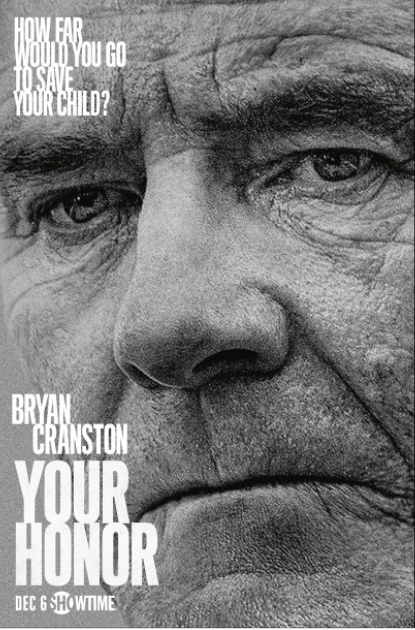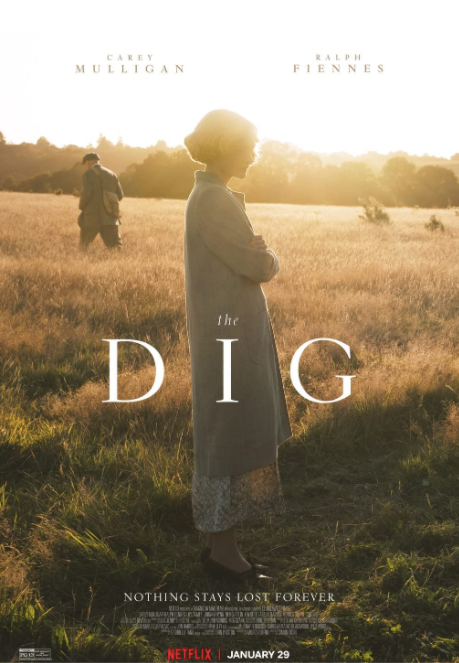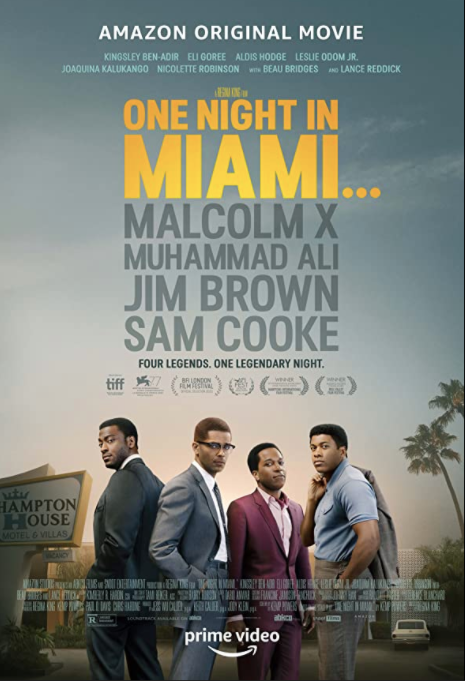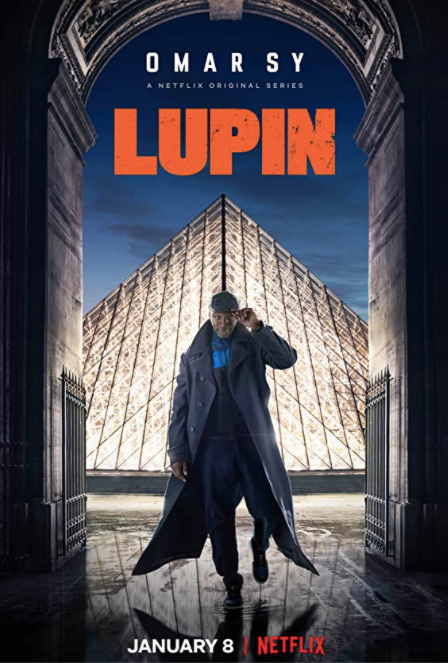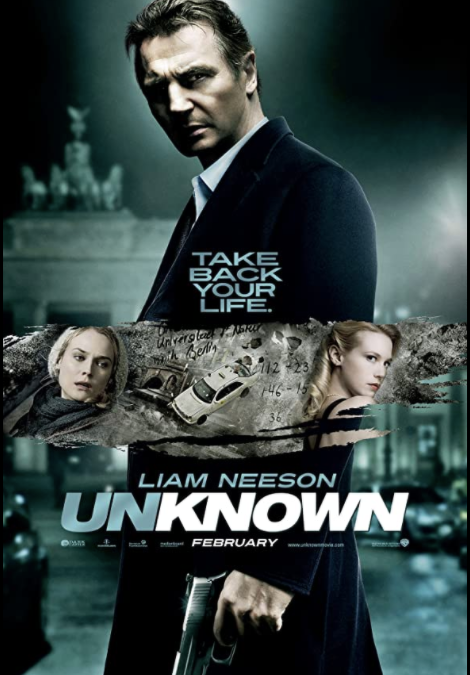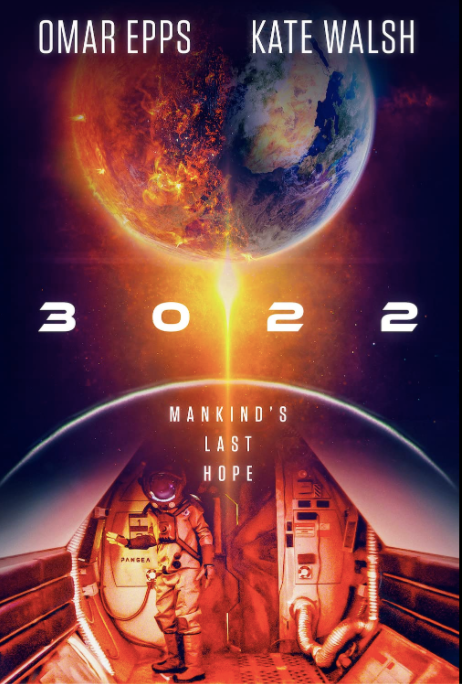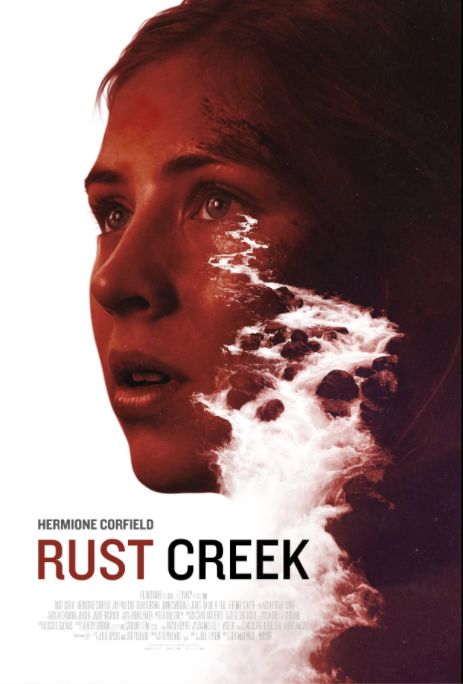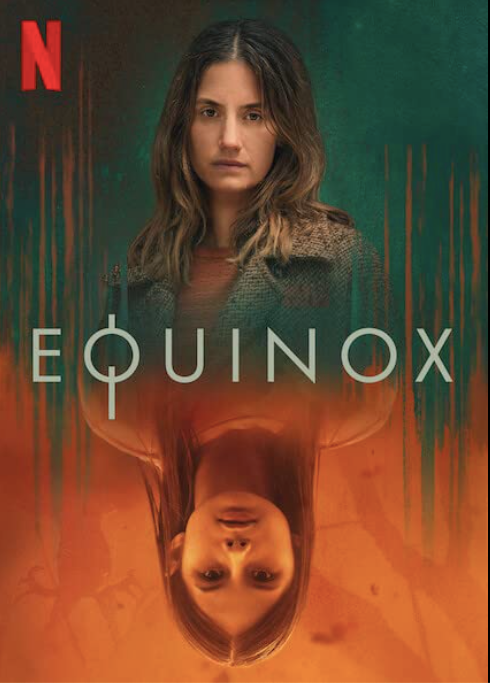I'm a First Amendment scholar – and I think Big Tech should be left alone

Twitter’s ban of Trump has concerned free speech advocates across the political spectrum.
Paul Levinson, Fordham University
Twitter’s banning of Trump – an action also taken by other social media platforms, including Facebook, Instagram, YouTube and Snapchat – has opened a fierce debate about freedom of expression and who, if anyone, should control it in the United States.
I’ve written and taught about this fundamental issue for decades. I’m a staunch proponent of the First Amendment.
Yet I’m perfectly OK with Trump’s ban, for reasons legal, philosophical and moral.
The ‘spirit’ of the First Amendment
To begin, it’s important to point out what kind of freedom of expression the First Amendment and its extension to local government via the Fourteenth Amendment protect. The Supreme Court, through various decisions, has ruled that the government cannot restrict speech, the press and other forms of communications media, whether it’s on the internet or in newspapers.
Twitter and other social media platforms are not the government. Therefore, their actions are not violations of the First Amendment.
But if we’re champions of freedom of expression, shouldn’t we nonetheless be distressed by any restriction on communication, be it via a government agency or a corporation?
I certainly am. I’ve called nongovernmental suppressions of speech to be violations of “the spirit of the First Amendment.”
Every time CBS bleeps a performance of a hip-hop artist on the Grammys, the network is, in my view, engaging in censorship that violates the spirit of the First Amendment. The same is true whenever a private university forbids a peaceful student demonstration.
These forms of censorship may be legal, but the government often lurks behind the actions of these private entities. For example, when the Grammys are involved, the censorship is taking place out of fear of governmental reprisal via the Federal Communications Commission.
When governmental suppression is sanctioned
So, why, then, am I OK with the fact that Twitter and other social media platforms took down Trump’s account? And, while we’re at it, why am I fine with Amazon Web Services removing the Trump-friendly social media outlet Parler?
First, a violation of the spirit of the First Amendment is never as serious as a violation of the First Amendment itself.
When the government gets in the way of our right to freely communicate, Americans’ only recourse is the U.S. Supreme Court, which all too often has supported the government – wrongly, in my view.
The court’s 1919 “clear and present danger” and 1978 “seven dirty words” decisions are among the most egregious examples of such flouting of the First Amendment. The 1919 decision qualified the crystal-clear language of the First Amendment – “Congress shall make no law” – with the vague exception that government could, in fact, ban speech in the face of a “clear and present danger.” The 1978 decision defined broadcast language meriting censorship with the even vaguer “indecency.”
And a government ban on any kind of communication, ratified by the Supreme Court, applies to any and all activity in the United States – period – until the court overturns the original decision.
In contrast, social media users can take their patronage elsewhere if they don’t approve of a decision made by a social media company. Amazon Web Services, though massive, is not the only app host available. Parler may have already found a new home on the far-right hosting service Epik, though Epik disputes this.
The point is that a corporate violation of the spirit of the First Amendment is, in principle, remediable, whereas a government violation of the First Amendment is not – at least not immediately.
Second, the First Amendment, let alone the spirit of the First Amendment, doesn’t protect communication that amounts to a conspiracy to commit a crime, and certainly not murder.
I would argue that it’s plainly apparent that Trump’s communication – whether it was suggesting the injection of disinfectant to counteract COVID-19 or urging his supporters to “fight” to overturn the election – repeatedly endangered human life.
Be careful what you wish for
Given that Trump was still president – albeit with just a few weeks left in office – when Twitter banned him, that ban was, indeed, a big deal.
Jack Dorsey, co-founder and CEO of Twitter, appreciated both the need and perils of such a ban, tweeting, “This moment in time might call for this dynamic, but over the long term it will be destructive to the noble purpose and ideals of the open internet. A company making a business decision to moderate itself is different from a government removing access, yet can feel much the same.”
In other words, a company that violates the spirit of the First Amendment can “feel much the same” to the public as government actually violating the First Amendment.
To be sure, I think it’s concerning that a powerful cohort of social media executives can deplatform anyone they want. But the alternative could be far worse.
Back in 1998, many were worried about the seeming monopolistic power of Microsoft. Although the U.S. government won a limited antitrust suit, it declined to pursue further efforts to break up Microsoft. At the time, I argued that problems of corporate predominance tend to take care of themselves and are less powerful than the forces of a free marketplace.
Sure enough, the preeminent position of Microsoft was soon contested and replaced by the resurgence of Apple and the rise of Amazon.
Summoning the U.S. government to counter these social media behemoths is the proverbial slippery slope. Keep in mind that the U.S. government already controls a sprawling security apparatus. It’s easy to envision an administration with the ability to regulate social media not wielding that power to protect the freedoms of users but instead using it to insulate themselves from criticism and protect their own power.
We may grouse about the immense power of social media companies. But keeping them free from the far more immense power of the government may be crucial to maintaining our freedom.
Paul Levinson, Professor of Communication and Media Studies, Fordham University
This article is republished from The Conversation under a Creative Commons license. Read the original article.
=====================================
Added 24 January 2020: Comment and Response on LinkedIn
Comment from Will Huff:
I’m with you on the right of Twitter and Facebook, but where does this slope stop for private businesses? They are essentially denying service to those they don’t agree with. Is this discrimination based on political ideology. Is discrimination ok if it only about things agreed with or does it end up becoming ok for everything? Could Walmart say that people wearing Trump shirts can’t shop there? Or Biden shirts?
Could a baker deny baking a cake?
Response from Paul Levinson:
Thanks for the comment, and a very good question. A private business cannot refuse service for illegal discriminatory reasons (such as the customer seeking service being Black). I don't know of any cases in which a customer was refused service because of a political statement on a shirt. Certainly a public service, like a Post Office or a city bus, could not do that, because such refusal of service would be from a government agency and the refusal would therefore indeed violate the First Amendment. But conceivably a private business could refuse service, because the business is not the government. In Masterpiece Cakeshop v. Colorado Civil Rights Commission (2018), the Supreme Court said a private bakeshop could refuse to bake a cake for a gay couple, but only because the Colorado Civil Rights Commission showed a religious bias in siding with the gay couple. So this decision in a sense pitted freedom of religion vs. discrimination.
